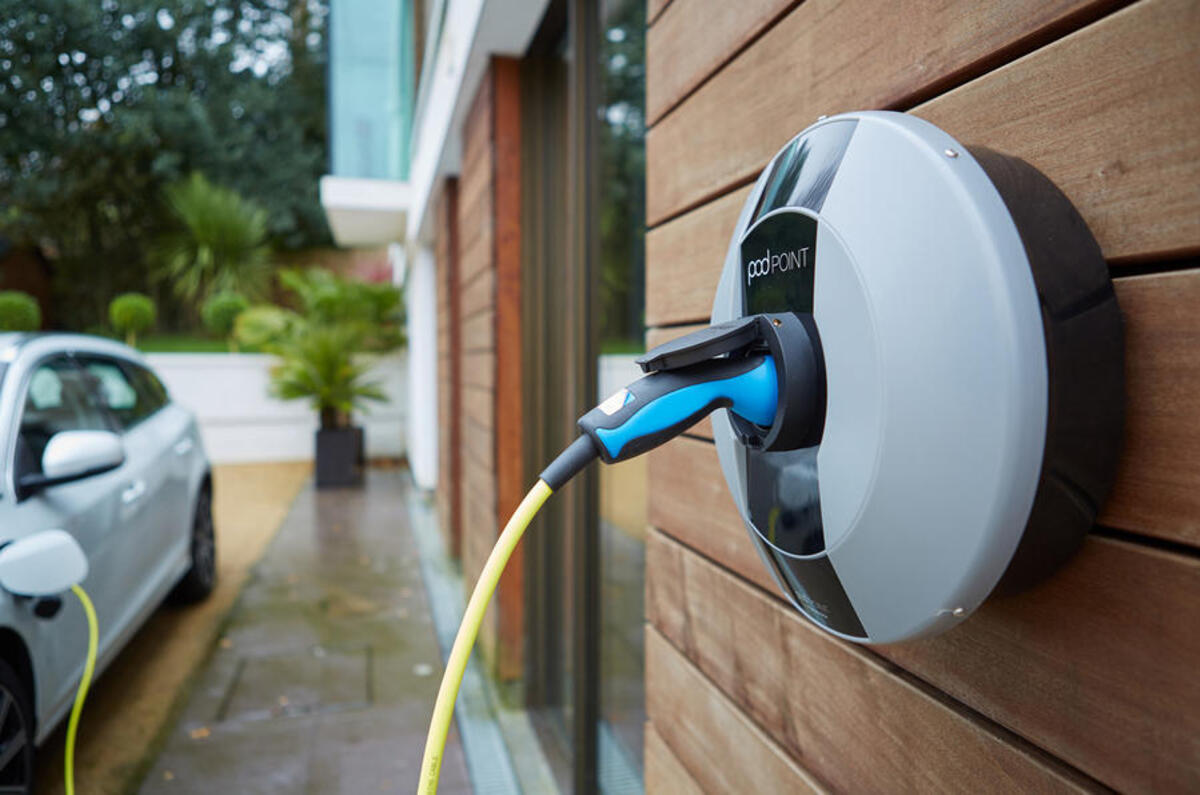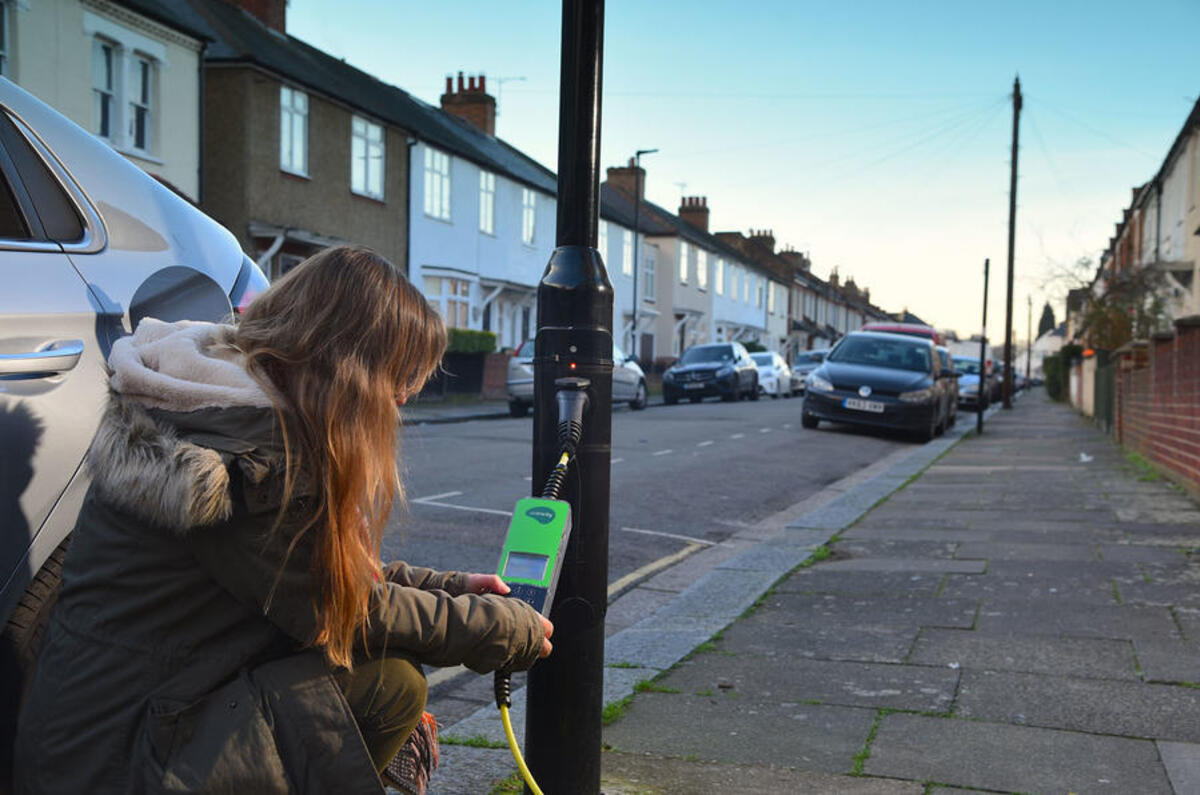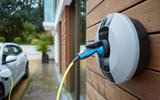One in four consumers are planning to buy an electrified car in the next five years - but high prices and range anxiety remain major concerns, according to a study by energy industry regulator Ofgem.
Research conducted by the government-appointed body indicated that 24% of consumers, or 6.5 million households, are hoping to make the switch to more sustainable means of travel, through the purchase of an all-electric or hybrid car.
Around 38% of participants said they were not likely to get an electric vehicle in the next five years, with high prices (59%), a short battery life or range anxiety (38%) and worries about not being able to charge their vehicle near their homes (59%) to blame. The research also showed that 60% would consider smart charging of their vehicle to avoid a time of day when electricity is most expensive.
Electric vehicle owners were also shown be more open to embracing changes in how they use their energy and are three times more likely to say they are on a time-of-use tariff than non-owners.
“As more consumers make the switch to electric vehicles in the next five years, Ofgem will be announcing millions of pounds of investment to create a more flexible energy system to support the electrification of vehicles, renewable generation and low-carbon forms of heat,” said Jonathan Brearley, Ofgem’s chief executive.
The study also highlighted the wider relationship between fossil fuels and electricity generation. Almost three-quarters of consumers (74%) identified electricity generation and transport, such as fossil-fuel power stations and exhaust emissions, as playing a big part in contributing to climate change.
Fewer consumers (60%) identified domestic heating as playing a big part in contributing to climate change, although one in seven (14%) said they plan to install low-carbon heating in their homes.
READ MORE
UK electric car ownership jumped 53% in 2020
Analysis: is 2021 (finally) the year of the electric car?
Report reveals stark disparities in electrified car ownership







Join the debate
Add your comment
@Gavsmit,
So EV is potentially at risk of cable theft, same as ICE is at risk of CAT theft. I cant see the risk of an unpleasant death being worth such a minor reward but i am sure it will happen, CAT theft is not nearly as risky though!
Service costs will be lower in the long run simply because of less complexity, how many seperate components are in an engine, gearbox and fuel system compared to motors and batteries. The model S service costs are higher as its a a very expensive car, well over 100k in many cses. Compare to Porshce and higher end Mercedes etc and they are lower.
Regarding charge costs 90% of EV charging (often more) is conducted at home at much lower cost, many public chargers are still a lot cheaper than running an ICE. The exception being Ionity which is jacked up so VW etc can say customers get a 'discount' by which they mean a market price instead of double the norm.
EV range and efficiency are no more or less accurate than ICE fuel economy figures, this will always be the case. Its a metric to compare options but no kind of absolute, surely everyone knows this.
Whatever happens in 2030 there seems exponentially more interest in the subject now than just 2 years ago, the result of such ambitious government targets i guess!
Taint cheap. What do they do polish all the battery terminals up...?